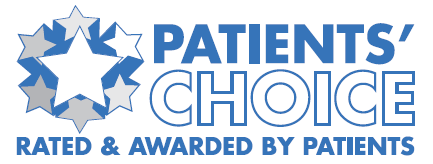The best way to avoid “brain fog” or postoperative cognitive dysfunction (POCD) related to general anesthesia is not to use it at all.
Surgery patients are routinely exposed to up to 30% more anesthetic drugs than needed in a study published by board-certified anesthesiologist, Dr. Barry Friedberg.
40M patients undergo anesthesia every year for major surgery. 40% of them (16M) experience ‘brain fog’ or postoperative cognitive dysfunction (POCD), likely from too much anesthesia. That 16 million patients every year have underlying, previously undiagnosed preoperative conditions is an untenable assertion, yet that is the “standard” response when anesthesia providers are asked if their or their loved one’s postop mental dysfunction could be from too much anesthesia.
“The bottom line,” says Friedberg, “Don’t let your parents, your spouse or anybody you love, especially over 50, get general anesthesia without a brain monitor or you may NEVER speak to that person again. The mind you save could be theirs, or even your own!”
“Although the brain monitor helps to ‘control’ their individual anesthetic dose and avoid over medication, the best way to avoid ‘brain fog’ or postoperative cognitive dysfunction (POCD) related to general anesthesia is not to use it at all,” says Dr. Steven Shu.
Dr. Shu performs all cosmetic surgeries under local tumescent anesthesia with IV sedation only, which does not cause “brain fog” or postoperative cognitive dysfunction (POCD).





